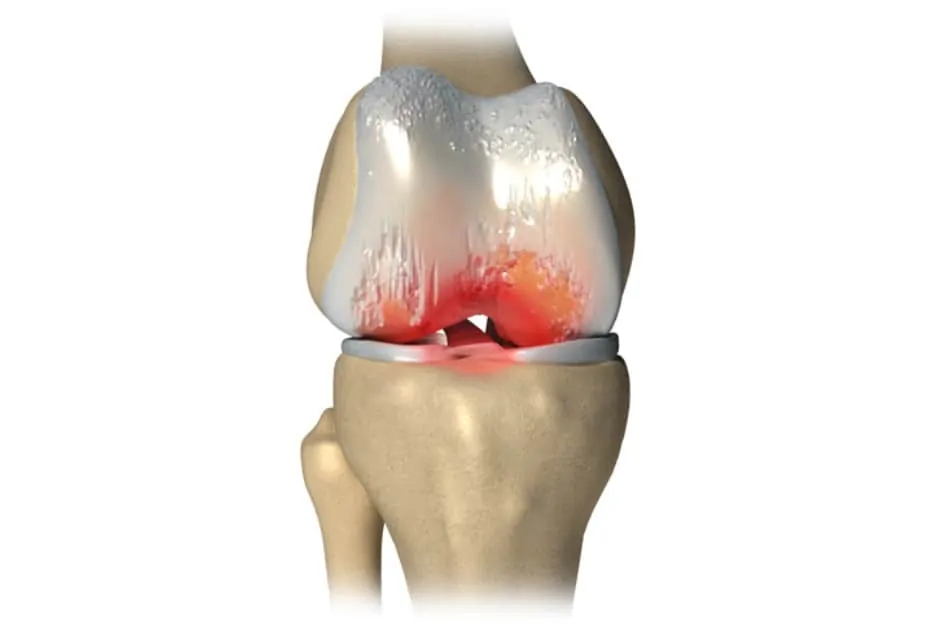Donating blood saves lives, but not everyone gets this privilege. Some people don’t have a healthy-enough blood sample, while others have weight issues that make the loss of blood a liability for the donor. You might wonder (as I did) where obese people fall on this spectrum.
You can donate blood if you are obese because fat doesn’t affect the usability of your blood. In fact, underweight people are the ones who cannot donate blood because of personal risks. Obese people can donate blood up to two times a year.
In this post, you will learn more about the minimum and maximum weight limits for donating blood alongside the three reasons to do so. You will also find out whether you will lose weight by donating blood. But first, let’s address obesity and blood donation from a health perspective.
Maximum Weight Limit
There is no maximum limit to a blood donor’s weight because the higher a person’s weight, the more blood is used to service fatty tissue. Donating a bag of blood doesn’t affect a fat person’s organs as much.
You cannot donate blood if you cannot get on the stretcher/bed/recliner being used by the donation drive. So there is a technical upper limit, which is dictated by practicality and not health concerns. Fat people’s blood is healthy enough for donation.
Minimum Weight Limit to Donate Blood
People assume that fat people’s blood is unhealthy, given the propaganda surrounding anyone with even a remotely curvy figure being unhealthy. Blood isn’t “unhealthy” regardless of a person’s weight, yet there is a hard lower limit to the donor’s weight. You cannot be under 110 lbs and donate blood.
Is it because thin people have weak blood?
No.
It’s because thin people need all the blood, and even half a donation can affect their vital organs’ performance. In contrast, a visibly fat person is sometimes not even weighed before a blood donation. This might make you wonder if there’s an upper limit for a blood donor’s weight.
Do You Get Money for Donating Blood?
If you’re thinking about donating blood, you might want to know if you’ll get something out of it besides good Karma. Generally, you get fruit juice and a carb-rich snack to replenish your energy after donating blood. But do you get money?
You get money for donating plasma but not for donating blood. This is because incentivizing a blood donation with cash would motivate people to lie about their health to be eligible for a donation. For example, someone might deny the previous donation and repeatedly give blood to make money.
It is even riskier when people lie about diseases and travel because their donation can taint the entire blood supply. To discourage this, donation drives do not pay blood donors, but that doesn’t mean you won’t get anything out of giving blood.
3 Reasons You Should Donate Blood (Even If You’re Fat)
Not every action is motivated by money. And while plasma donation can get you some cash, donating blood won’t. Now that you know that there is zero money in donating blood, let’s look at the good reasons to give blood.
1. It Can Save Lives
While there is no purely selfish reason to donate blood, there is a significant altruistic reason for it. One blood donation can save up to three lives. On average, your blood saves a minimum of one life. Saving a drowning man by jumping in the water and donating blood are equally heroic in their outcome.
2. Blood Donation Is Social Currency
While the selfless reason to donate blood is quite apparent, there are semi-selfish reasons to give blood. The key among them is social currency. As a blood donor, you are judged as a good person.
Whether you post on social media about the experience or are seen by others in the middle of a blood donation, you’re trusted and perceived better. Donating blood can unintentionally be a strategic move that results in higher goodwill.
3. Donating Blood Can Have a Karmic Advantage
Finally, the karmic boost you get from donating blood is a balance between selfless and selfish reasons.
If you believe in Karma, you believe that what goes around comes around. It is not as technical as a pint of blood donated results in receiving a pint of blood.
It’s more along the lines of the lives you save, resulting in the karmic balance that is cleared when your life is saved. Since reasons behind actions are subjective motivations, this reason is as valid as your belief in Karma even in the absence of science.
Can Donating Blood Lead To Weight Loss?
One reason fat people might consider donating blood is to lose weight. In theory, it takes energy to produce new blood, so donating blood should lead to a calorie deficit. But that doesn’t happen because of the number of calories burned and the diminishing return on donations.
Donating blood cannot lead to weight loss despite burning 650 calories. This calorie deficit is cleared within two days of eating normally, so you would have to donate blood in an impractical quantity to lose weight.
It is impossible to donate blood daily, and donating blood twice a year doesn’t lead to weight loss. If you wish to donate blood just so you can burn calories, please avoid doing so because you will be disappointed by the results.
When to Avoid Donating Blood?
The last thing you need to know about donating blood is when not to do it.
Other than being under 110 lbs, some situations prevent one from being an ideal donor. Most of these are uncovered in the screening, but knowing them beforehand can save you a trip to the donation site.
You should avoid donating blood if you have traveled abroad within six months of the blood donation date. Moreover, you should not give blood if you recently had a blood-borne illness or currently suffer from a transmutable disease.
Conclusion: Can You Donate Blood if You’re Obese?
Your obesity doesn’t hinder your blood donation, but healthy blood production does limit the frequency at which you can give blood. As long as you give blood no more than twice a year, the donation will not affect your health.







